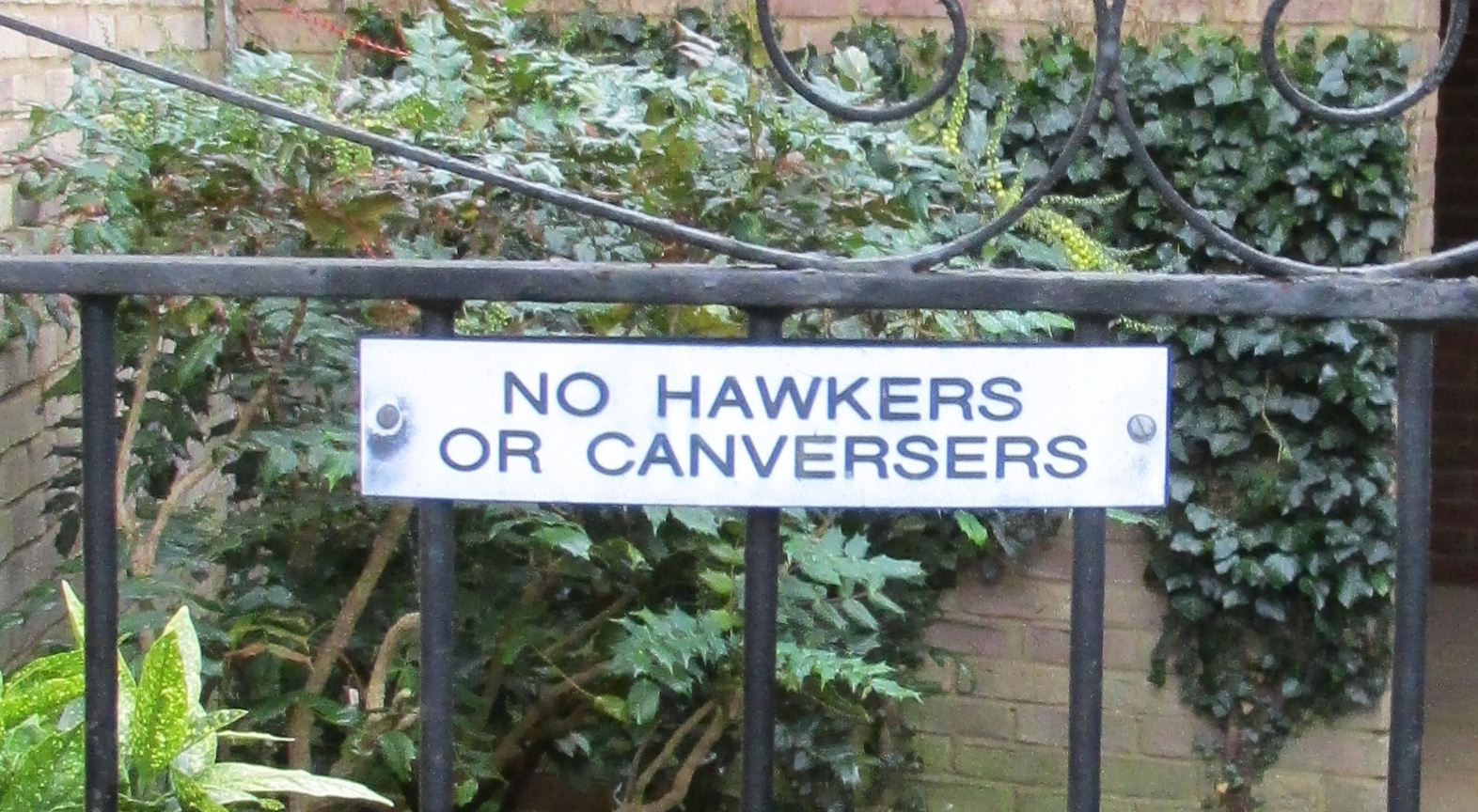Brad DeLong thinks that the way to understand the appeal of Donald Trump is to see him as a kind of big-city billionaire version of Willie Stark ("Nail 'em up!!!!", 1/21/2016):
Methinks it is time to go reread Robert Penn Warren's All the King's Men again… […]
[T]he rise and durability of Donald Trump is a zero/probability event. And, as David Kreps taught me many years ago, rationally-updating one's beliefs in the wake.of a zero-probability event is a… genuinely hard problem. For a zero probability event to happen means that your visualization of the Cosmic All is simply wrong–or it would not strike you as a zero probability event.
However, the herds and hordes of journalists and political scientists are not coming to grips with this. Rather than come to grips with this, they work hard to “save the phenomena” and save their models–analyzing the rise and durability of Donald Trump by making the smallest possible tweaks to what they thought last year. They are not stepping back and absorbing the lesson. They do not want to recognize that the rise and durability of Trump teaches them that what they thought last year was wrong. They do not want to face the reality that they need to pretty much throw everything away and start over.
But if they were willing to throw pretty much everything away and start over, the place to start over is with Robert Penn Warren[.]
Read the rest of this entry »


